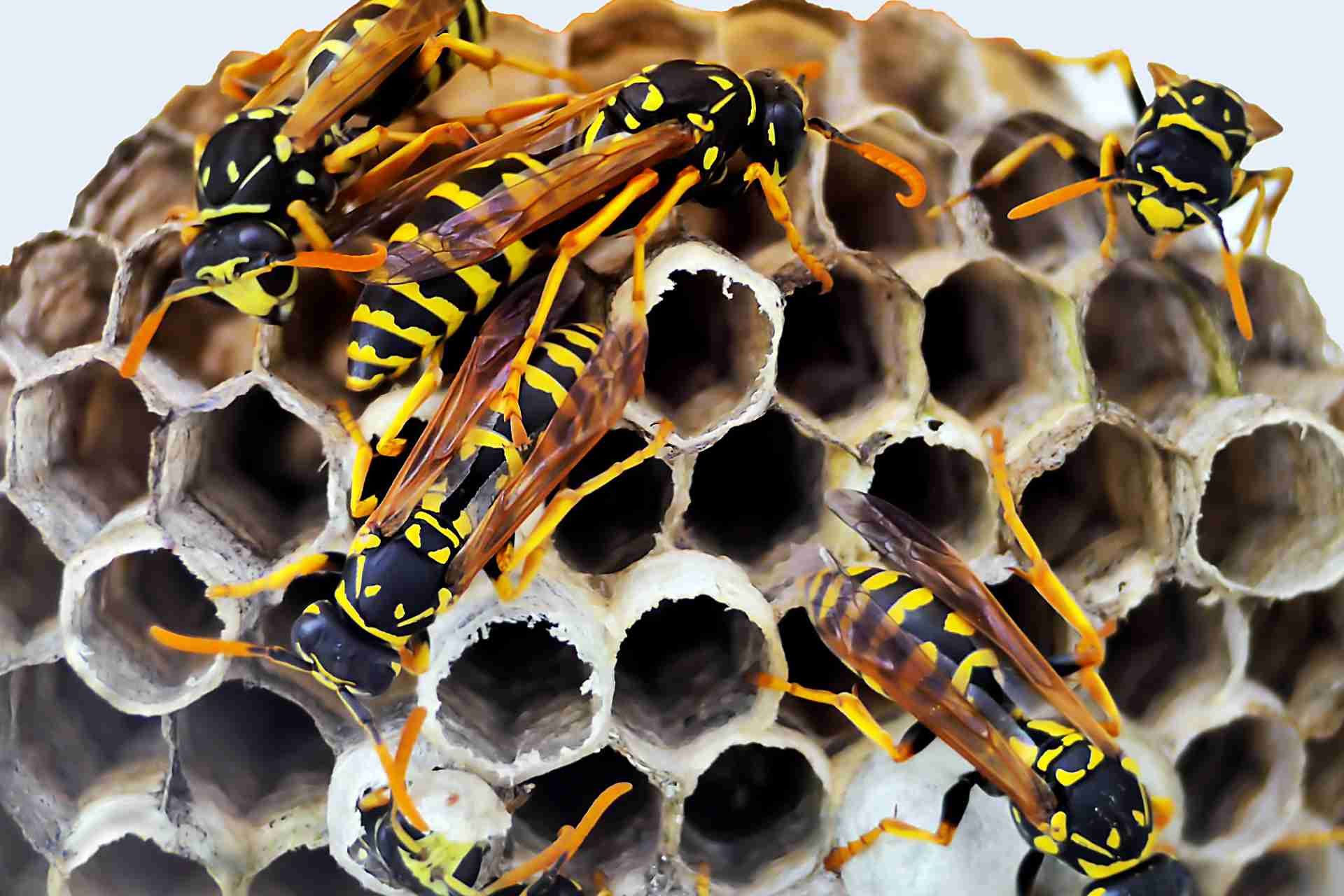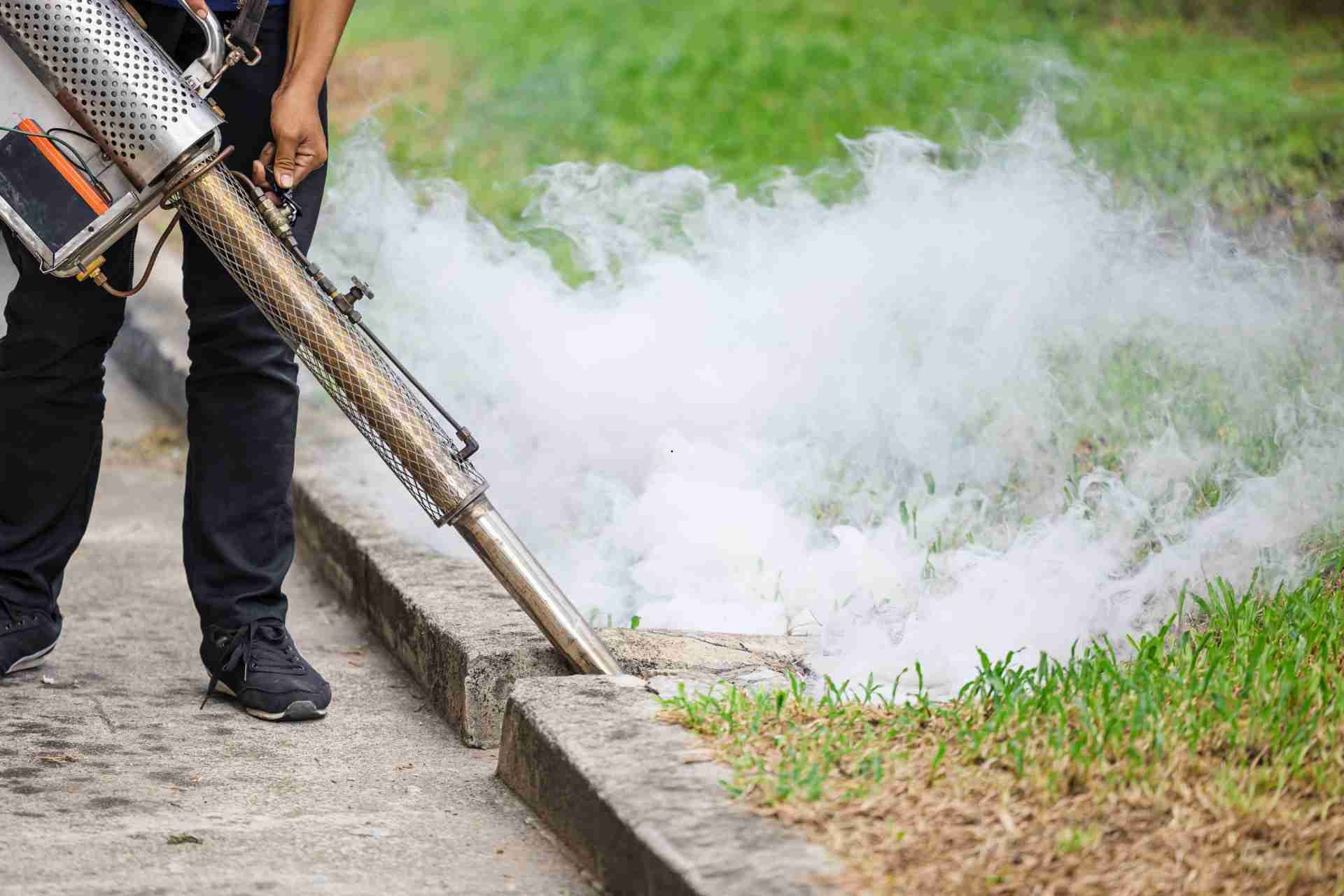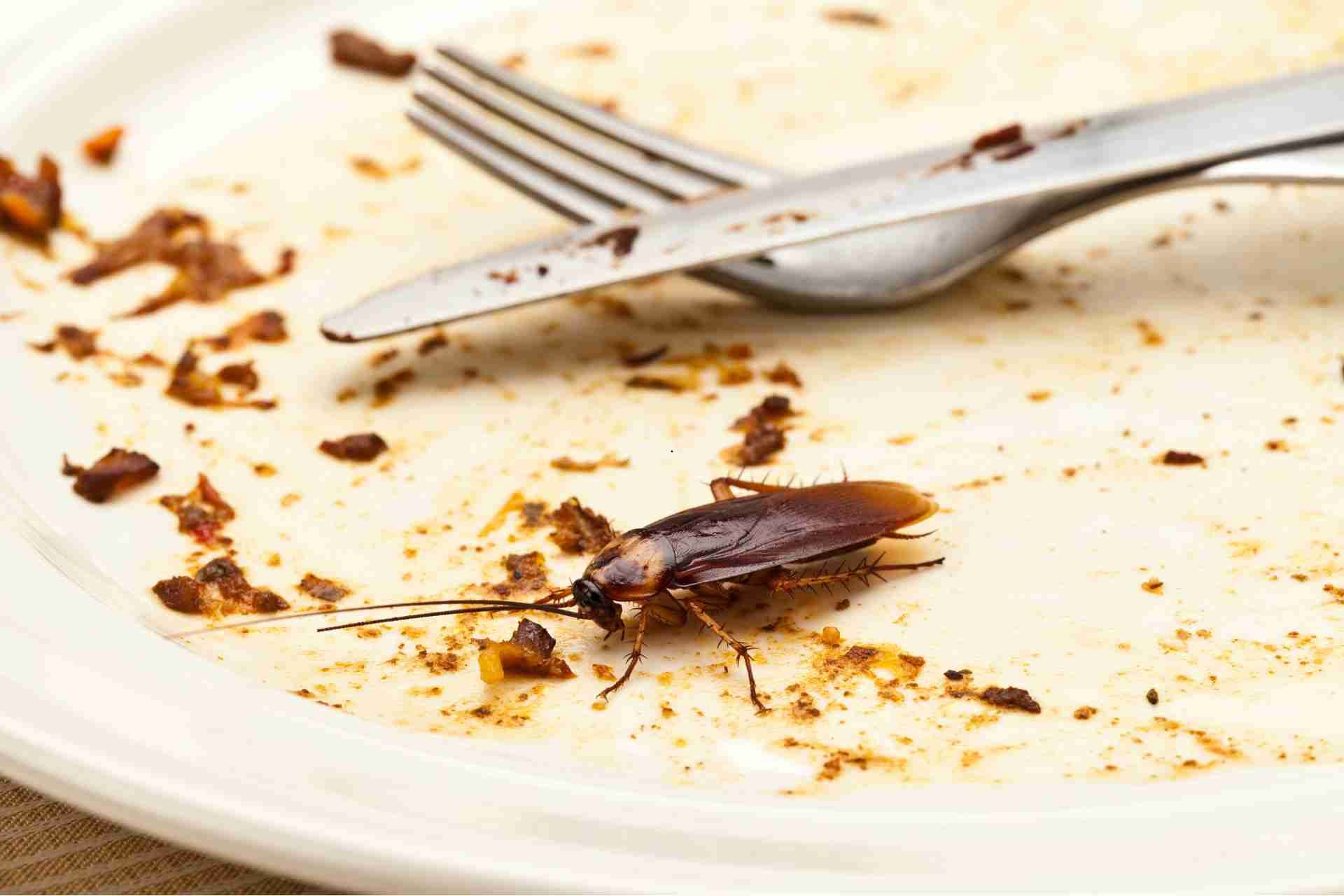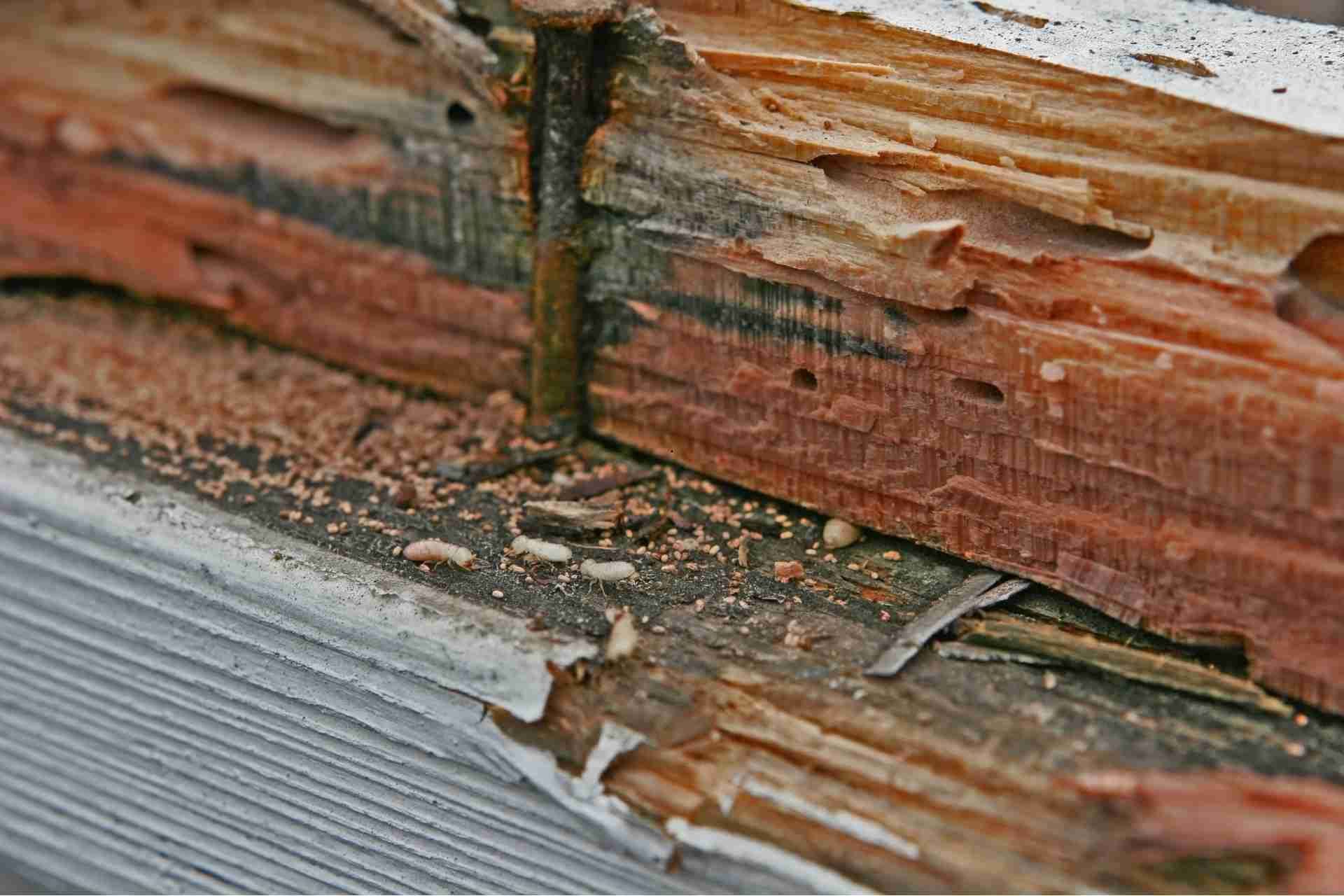How to Get Rid of Ticks in Home
Ticks are small parasites that can pose a threat to both humans and pets if left unchecked. They can be found in tall grass, shrubs, and wooded areas, but they can also make their way into your home through pets or on your clothing. Getting rid of ticks in your home is important to protect your family and pets from potential health risks. In this article, we will provide some tips and techniques to help you safely and effectively eliminate ticks from your home.
What are Ticks
Ticks are small arachnids that are parasitic parasites, feeding on the blood of mammals, birds, and sometimes reptiles and amphibians. They are known for transmitting diseases such as Lyme disease, Rocky Mountain spotted fever, and anaplasmosis. Ticks are commonly found in wooded or grassy areas and attach themselves to their host by burrowing into the skin. It is important to promptly remove ticks to prevent the spread of diseases.
Types of Ticks
There are several different types of ticks that can be found in various parts of the world. Some common species include:
Deer tick (Ixodes scapularis
Also known as the black-legged tick, this species is known for transmitting Lyme disease in North America.
Brown dog tick (Rhipicephalus sanguineus)
This tick species is commonly found on dogs and can transmit diseases such as Rocky Mountain spotted fever and canine ehrlichiosis.
American dog tick (Dermacentor variabilis)
Found in North America, this tick species can transmit diseases such as Rocky Mountain spotted fever and tularemia.
Lone star tick (Amblyomma americanum)
This tick species is commonly found in the southeastern and eastern United States and can transmit diseases such as ehrlichiosis and Southern tick-associated rash illness (STARI).
Rocky Mountain wood tick (Dermacentor andersoni)
This tick species is found in the Rocky Mountain region of North America and can transmit diseases such as Rocky Mountain spotted fever and Colorado tick fever.
European sheep tick (Ixodes ricinus)
Found in Europe, this tick species can transmit diseases such as Lyme disease and tick-borne encephalitis.
Asian longhorned tick (Haemaphysalis longicornis)
This tick species has been recently introduced to North America and can transmit various diseases to humans and animals.
How to Get Rid of Ticks in Home
Vacuum regularly
Ticks can be found hiding in cracks and crevices, so vacuuming your home regularly can help remove any ticks that may be present.
Wash bedding and clothing
Ticks can also hide in bedding and clothing, so be sure to wash these items in hot water to kill any ticks that may be present.
Use tick repellent
There are several tick repellent products available that can help keep ticks away from your home. These can be used on pets, on clothing, and around the home.
Remove ticks from pets
If you have pets, be sure to check them regularly for ticks and remove any that you find. There are also medications available that can help prevent ticks from infesting your pets.
Seal cracks and gaps
Ticks can enter your home through cracks and gaps in walls, windows, and doors. Be sure to seal these entry points to prevent ticks from getting inside.
Trim vegetation
Ticks are often found in tall grass and shrubs, so keeping your lawn well-trimmed can help reduce the risk of ticks entering your home.
Use pesticides
If you have a severe tick infestation, you may need to use pesticides to eliminate them. Be sure to follow the instructions carefully and consider hiring a professional exterminator for help.
Consult a professional
If you are unable to get rid of the ticks on your own, consider consulting a professional pest control company for assistance. They have the knowledge and resources to effectively eliminate ticks from your home.
Affordable Pest and Mosquito Solutions offers affordable and high-quality pest control services to help you eliminate ticks from your home.
Contact us today to schedule a consultation and take the first step towards a tick-free home.










